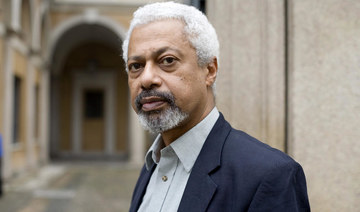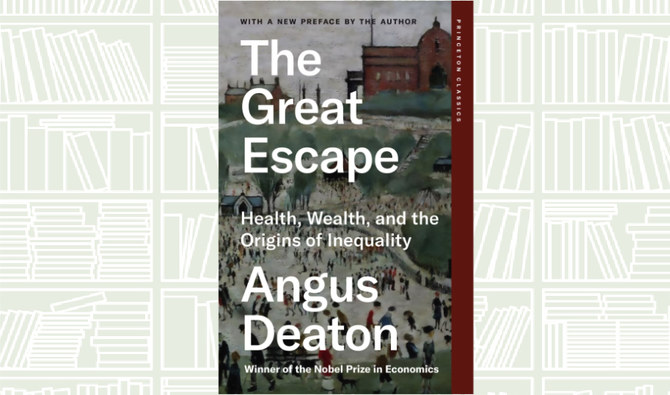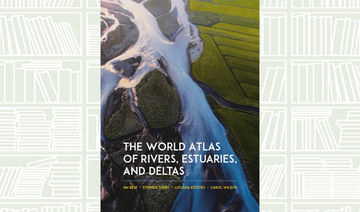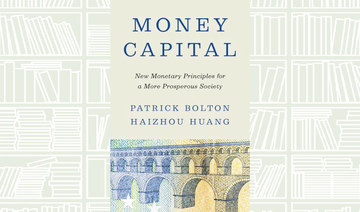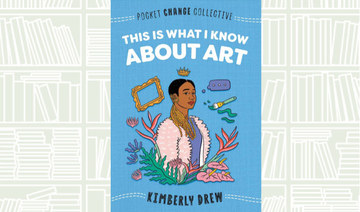NEW YORK: Megha Majumdar, whose novel “A Burning” was among the most talked about debuts of recent years, is among 10 recipients of a Whiting Award for emerging authors. Fiction writers Claire Boyles and Nana Nkweti, poets Ina Cariño and Anthony Cody and nonfiction writers Anaïs Duplan and Alexis Pauline Gumbs also will receive $50,000 each in prize money.
Others honored Wednesday at a Manhattan ceremony include fiction writer Rita Bullwinkel, poet Claire Schwartz and nonfiction writer Jesse McCarthy.
“As the world opens up, these brilliant writers open up our world,” said Courtney Hodell, director of Literary Programs for the Whiting Foundation. “From fresh cultural criticism, to poems of place and personhood and appetite, to fiction that brings surreal wit to compassionate portraits, their work is the spring thaw of the mind.”
The awards were established in 1985 and have previously gone to future literary stars such as Jonathan Franzen, Colson Whitehead and Tracy K. Smith.
Novelist Megha Majumdar among winners of Whiting Award
https://arab.news/64nax
Novelist Megha Majumdar among winners of Whiting Award

What We Are Reading Today: Birds of the Middle East
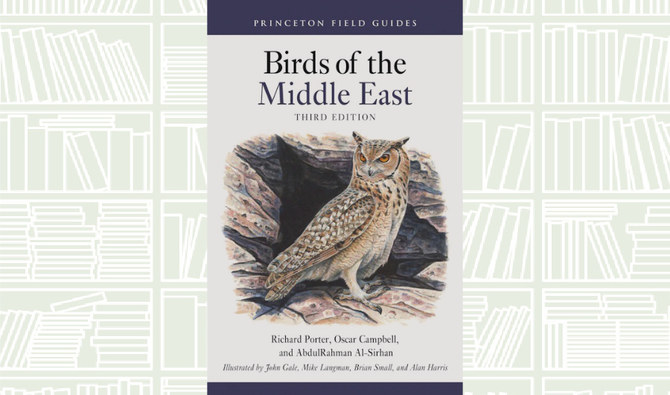
Authors: Richard Porter, Oscar Campbell, & Abdulrahman Al-Sirhan
The Middle East is home to some of the most spectacular birdlife in the world.
It features 180 superb color plates depicting some 900 species and subspecies as well as 646 color distribution maps that show the breeding range for almost every species.
Book Review: ‘The Undiscovered Self’ by Carl Jung
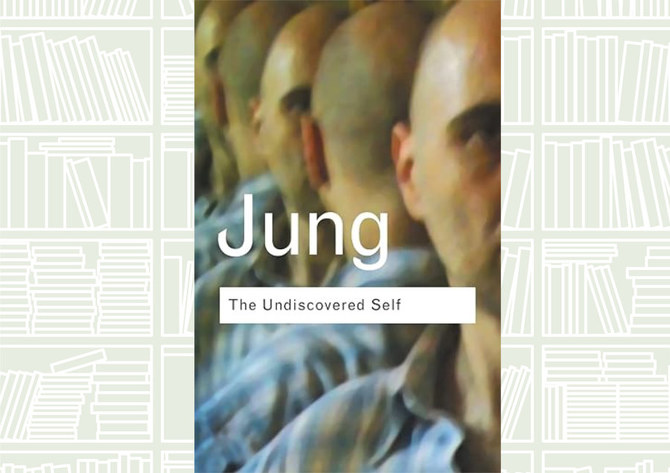
- Loss of personal responsibility, the author suggests, can lead to the rise of mass movements and, ultimately, totalitarianism
“The Undiscovered Self,” written by Swiss psychiatrist and psychoanalyst Carl Jung in 1957, delivers a warning about the dangers of modern collectivism, arguing that individuals are increasingly losing touch with their true selves.
Loss of personal responsibility, the author suggests, can lead to the rise of mass movements and, ultimately, totalitarianism.
The book offers a prescription for individual psychological development and moral autonomy as an antidote to society’s collectivist forces.
Jung explains the structure of the psyche, with the conscious ego and much larger subconscious, which contains universal archetypes, as well as personal complexes and shadows that shape our behavior.
The book emphasizes the importance of understanding and integrating the unconscious rather than just relying on the conscious mind.
Jung also explores the notion of “self,” defining “individuation” as the process of integrating the conscious and unconscious to become a whole, individualized person.
This requires embracing one’s shadow side and personal complexes, not just the socially acceptable persona.
True individuality and freedom come from this process of self-discovery and self-realization, Jung believes.
He encourages individuals to take responsibility for their psychological development, a process that involves introspection, self-knowledge, and a willingness to confront the unconscious.
For additional reading, I would recommend “The Red Book,” which outlines the development of many of Jung’s major theories.
What We Are Reading Today: The World Atlas of Rivers, Estuaries, and Deltas
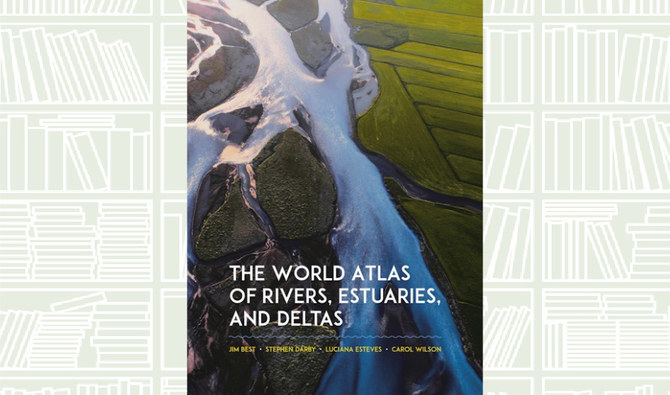
Authors: Jim Best, Stephen Darby, Luciana Esteves, & Carol Wilson
From the Congo and the Mekong to the Seine and the Mississippi, Earth’s rivers carve through landscapes before coursing into the world’s oceans through estuaries and deltas.
“The World Atlas of Rivers, Estuaries, and Deltas” takes readers on an unforgettable tour of these dynamic bodies of water, explaining how they function at each stage of their flow.
What We Are Reading Today: Money Capital

Authors: Patrick Bolton & Haizhou Huang
In this book, leading economists Patrick Bolton and Haizhou Huang offer a novel perspective, viewing monetary economics through the lens of corporate finance.
They propose a richer theory, where money can be seen as the equity capital of a nation, playing a similar role as stocks for a company.



